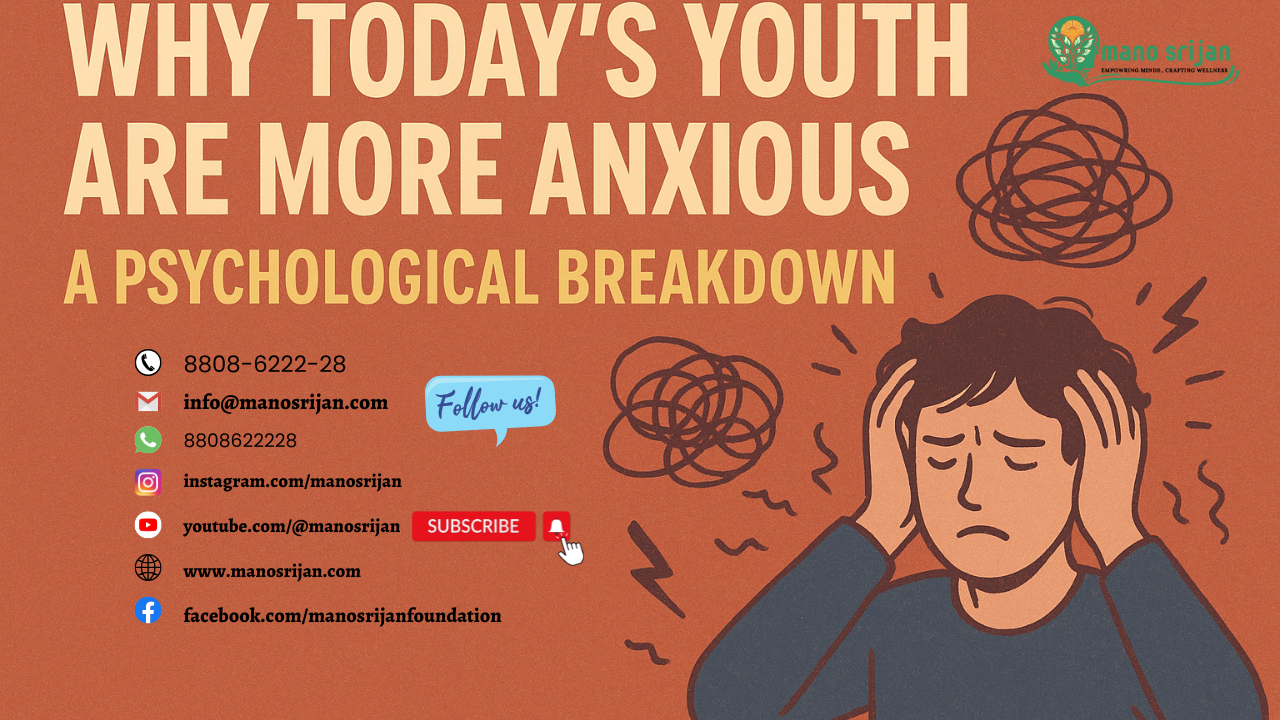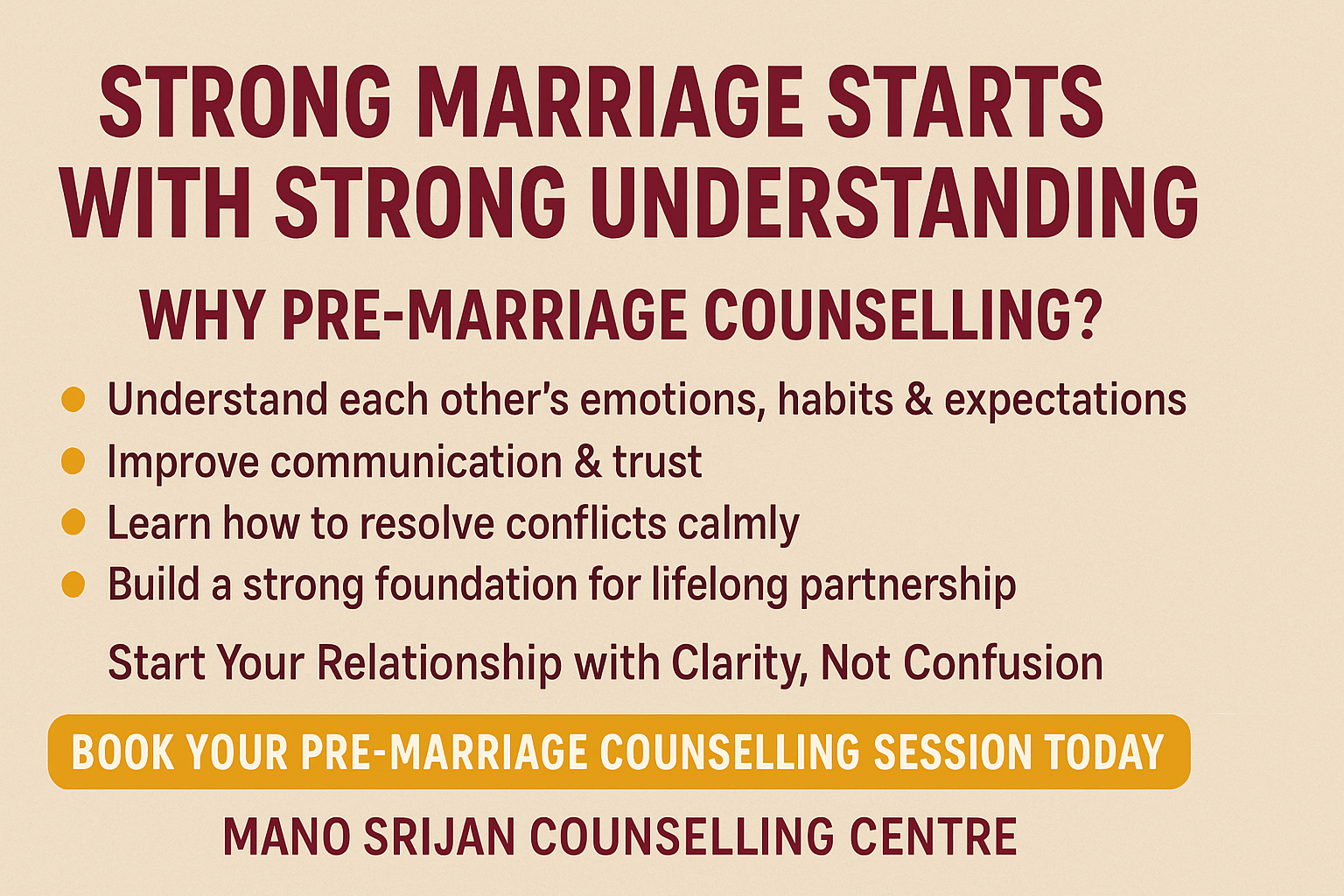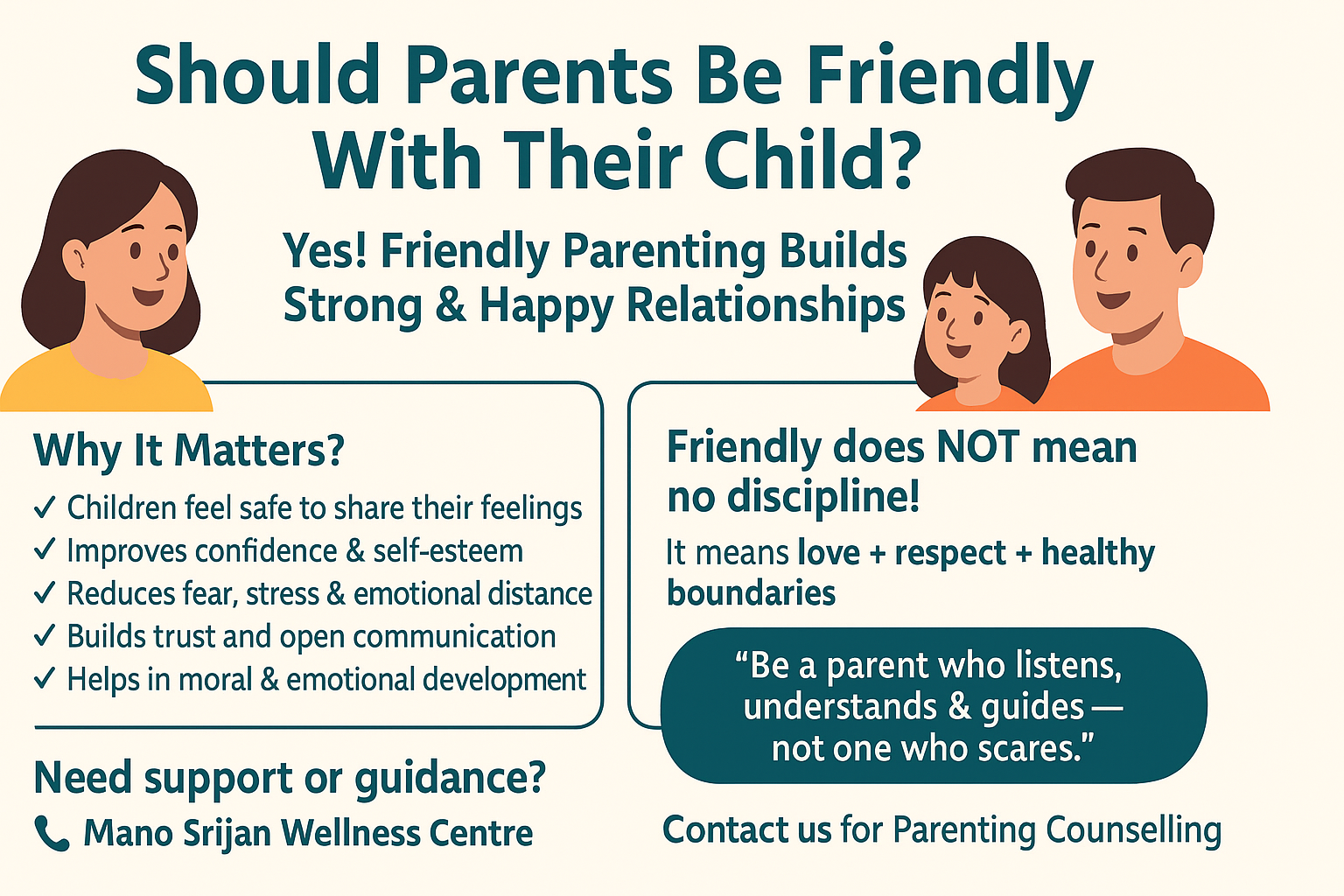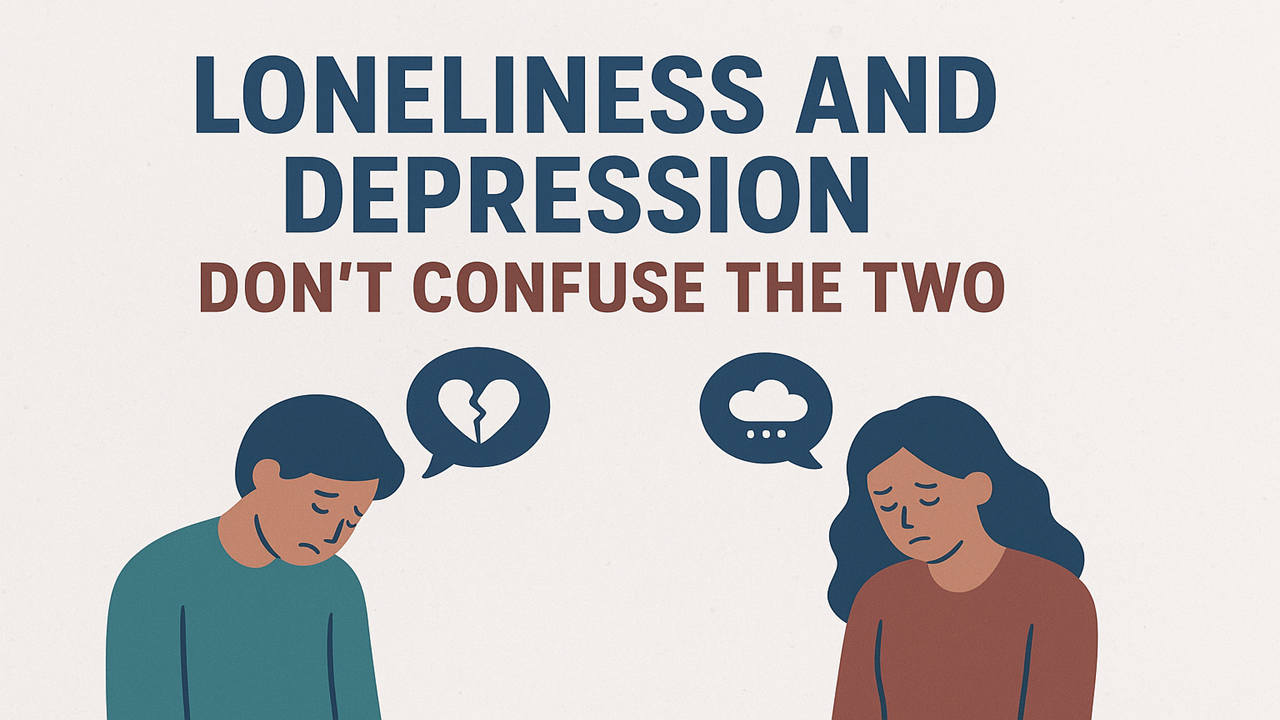
- 18 Apr 2025
- Psy. Ashish Pandey
Understanding Peer Pressure and Its Effects
Peer pressure is something most of us encounter at some point in our lives—especially during our teenage and young adult years. But what exactly is peer pressure, and how does it affect us?
What Is Peer Pressure?
Peer pressure is the influence exerted by people of the same age group (peers) to encourage an individual to change their attitudes, values, or behaviors to conform to group norms. This pressure can be direct or indirect, and it doesn’t always come in an obvious or aggressive way. Sometimes, it’s subtle—like wanting to fit in with a group of friends or mimicking trends seen on social media.
Types of Peer Pressure
-
Positive Peer Pressure
Not all peer pressure is harmful. Encouragement to study, participate in extracurricular activities, or make healthy choices is a form of positive influence. This kind of pressure can motivate individuals to grow and improve. -
Negative Peer Pressure
This is when peers influence others to engage in behaviors that are harmful, risky, or go against personal values—such as smoking, drinking, skipping school, or bullying others.
Why Is Peer Pressure So Powerful?
Humans are social creatures. From a young age, we seek approval and connection. Especially during adolescence, the need to "belong" can sometimes override personal judgment. This is also a time when individuals are forming their identity, making them more vulnerable to external influences.
Effects of Peer Pressure
-
Behavioral Changes
Peer pressure can lead to sudden shifts in behavior. For instance, a usually quiet student might start acting out to gain attention or approval. -
Mental Health Impact
Constantly trying to meet others’ expectations can cause stress, anxiety, low self-esteem, and even depression. -
Academic Performance
Succumbing to negative peer pressure can result in distraction from studies, leading to poor academic performance or loss of interest in school. -
Decision-Making Challenges
Peer pressure can cloud judgment, leading individuals to make choices they wouldn’t normally consider.
How to Handle Peer Pressure
-
Know Your Values
Understand what you believe in and what’s important to you. This makes it easier to say no when faced with pressure. -
Choose Friends Wisely
Surround yourself with people who respect your choices and lift you up, not those who drag you down. -
Practice Saying No
It’s okay to stand your ground. Practice simple, assertive responses like, “No thanks, that’s not for me.” -
Seek Support
Talk to someone you trust—be it a parent, teacher, counselor, or friend—when you’re feeling pressured. -
Be Confident in Yourself
Confidence is your best defense. When you believe in yourself, it becomes easier to resist negative influences.
Final Thoughts
Peer pressure is a part of growing up, but it doesn’t have to define us. Recognizing it and learning how to handle it is a big step toward personal growth and emotional resilience. Remember, staying true to yourself is always cooler than fitting in with the crowd.






